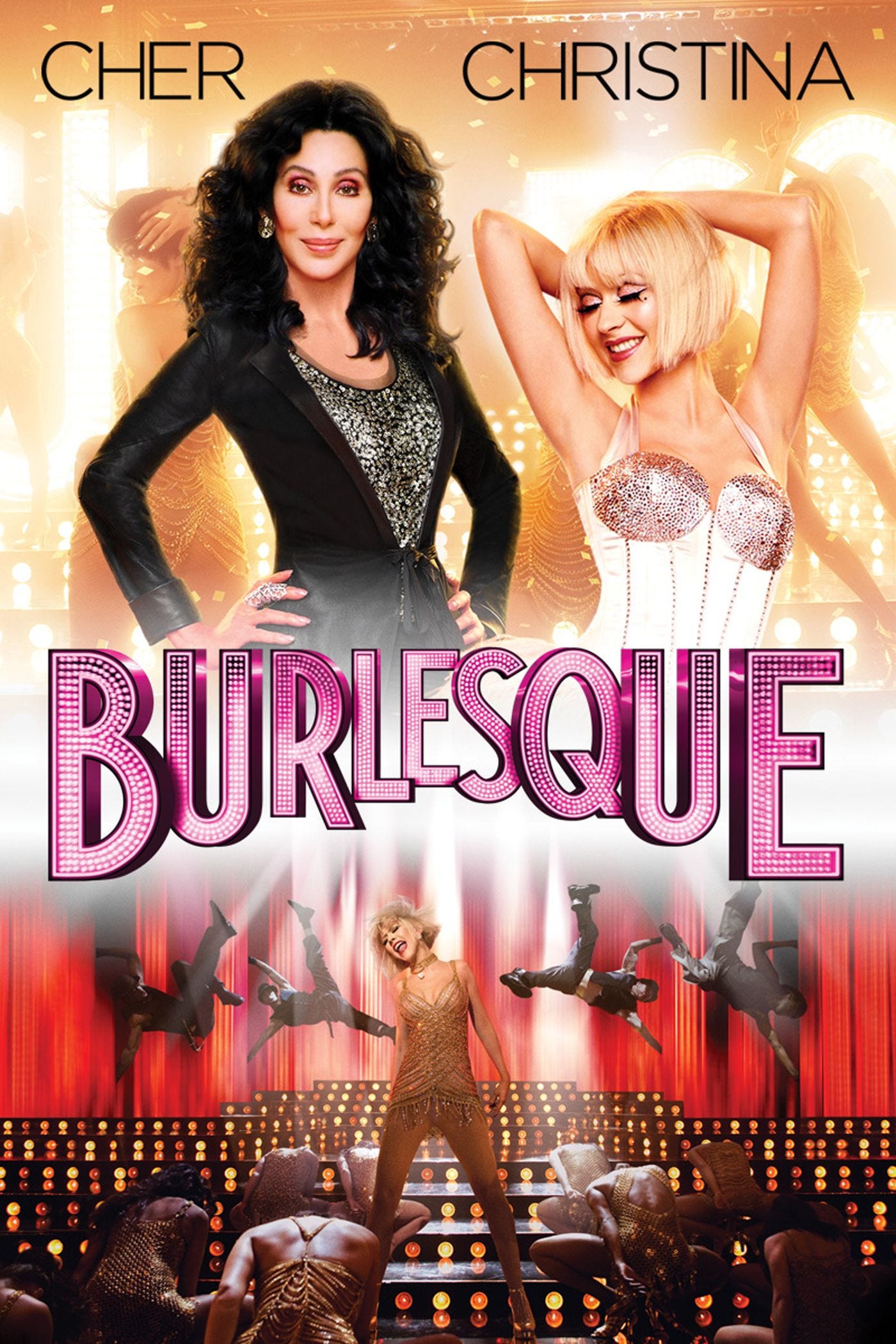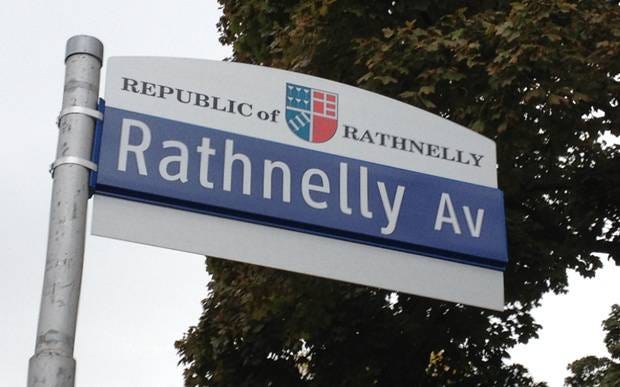Preface: this article is not to shit on Toronto. I really like the city.
-
As great philosophers of our generation once said, “you want a ride in the six; you want a dine in the six.”
And as for me, a student of the world, I followed their words. Last week, I rode and dined in the ‘six’.
-
Growing up, Toronto had always been a periphery city to me. My aunt, grandma, and cousin lived out there, so we would take a few trips a year to celebrate holidays, because they were the only direct family we have in Canada. When I say periphery, I mean that it was always somewhere I was aware of in a tangible way (as opposed to places like van or mtl, where i knew abt but rarely visited), but not fully connected and living in the space. I think this is where my hostility towards Toronto begins. Every time my family drove into the city (always driving, everywheres a road trip for my dad), I would feel this sense of smallness and dread, creeping as slowly as the traffic. Granted, my aunt lived in Markham so we would never drive directly towards the tall buildings, the CN tower, but it was always present. Periphery.
My aunt only took us to the CN tower once. I hated it. I thought the downtown was gross and crowded, people were too rude and impatient for my Ottawa sensibilities. In my head, I think I attached this discomfort to the idea of urban spaces: I hated downtowns for a long time.
Eventually, I was no longer seven or eight years old, and I learned to appreciate city spaces. When applying for universities, I only really looked into schools that were located in/close enough to some metropolitan hub (which rly limited my options in canada lol). When I finally moved to Montréal, I deemed myself a ‘city girl’ and donned the moniker back in the suburbs as if it were a badge of honour. In my head, I made it out of Kanata. I was proud to be living in an ‘urban space’.
I don’t want to write too much about Montréal here (bc i will probably dedicate an entire essay to it), but I think my conclusion after a few years of living here, is that it’s a very very rare city to find. There are a lot of factors to it: the city is an island (thus, unable to rly expand), there are good rent laws, many schools means a lot of young people, etc. The culmination is, though, that the city doesn’t really reflect most urban spaces. It has its own culture and history that extends much beyond the rest of the province or country (on this note, i rly do think we should keep gatekeeping mtl).
To me, this was the starkest difference between Toronto and Montréal. I felt like certain areas of the former were designed to induce loneliness within its inhabitants. Of course, I can’t generalize and say this is the entire city, but it seemed more likely to stumble into an area surrounded by luxury condos (or luxury condos in the making). I would be going on a nice walk through a park and then suddenly there would be three massive condos on my right.
And I know this is only certain places, but I feel like it’s easily comparable to Montréal, which I’m pretty sure has some law or another that states buildings can’t be taller than the mountain. Also the mafia (see recent fire on st. dominique condo developments). I think being so entrenched in Montréal for so long has really contextualized any experiences I have going to other cities.
With Toronto, it usually goes as follows: every time I enter the city, I hate it with a passion. I cannot understand how such a huge metropolitan centre has the worst highway system in the world. The highways in Ottawa have the same number of lanes and they only have a third of the population Toronto does. Every time, I sit in traffic and list all the pros and cons of just turning around and driving back to Ottawa. If there’s already so many people trying to go into the city, then maybe I don’t need to. Maybe I shouldn’t occupy a space that’s already so crowded, especially when there isn’t the infrastructure to support the population.
Once in the city, I usually get over it. It doesn’t get less intimidating, though. It’s important here to note that this trip was the first time I stayed downtown exclusively. I hopped from couches to beds to more couches (and even an air mattress at one point). My main point here is that I felt lonely. Maybe it was because I didn’t have a ‘permanent’ place to stay, or that I wasn’t familiar with the space around me, but being so high and seeing all the people on the ground didn’t make me feel like I was with people at all.
-
In “Franz Kafka or Thomas Mann,” György Lukács writes that the “inability to grasp the new pattern of social development leads to an angst-ridden view of reality.”1 Angst (translated from german as ‘fear’) is thus the inevitable product of a capitalist society, pervasive in our lives as the dominant social condition. The idea that we fear everything in our lives, when placed into the rapidly growing obsession with being ‘productive’, leads us to loneliness. It leads us to feel more alone than we actually are, we feel the burden of expectation (esp in work environments that infringe on daily life) beyond what a normal person should.
When I was in Toronto, I thought a lot about urban loneliness. The idea that our spaces are influenced by our socio-economic position is long-standing, but I think it’s worth it to also look at how this is mutually influential—our spaces also affect our daily lives. It has to affect one’s psyche, right? If you lived in a high rise, worked in high rises, walked in between high rises all day? I imagine it would be suffocating, like there was no space to breathe.
Now, I’m aware that this lifestyle only occurs in one little quadrant in Toronto, but again, what I’m trying to say here isn’t specific to one city. It’s moreso a nod to the lifestyle of the mega-city—places like Shanghai or Tokyo—with populations of upwards to 50 million. We see how the city has tried its best to accommodate growing economic capital within a limited area. Most people move towards urban spaces out of necessity (work, income, etc.), thus micro cultures of coping develop within the city. For example, the urban migratory population is so large in Chinese cities that you’ll most likely to be able to find someone from your obscure hometown (these ppl have a special word, 老乡, lǎo xiāng, denoting a relationship thats nothing except being born in the same small village). Because people move to these spaces for the sole purpose of making money, their accommodations or lifestyles are symptomatic of their financial situation, not the other way around. In other words, these people choose to give up livability for a pod in a high rise, because living has become expensive. Especially for a place like Japan, where they are completely limited by geographical space (island gyals represent), it makes a lot of logical sense. Same with Manhattan (again, an island). I once stayed in a pod hotel, and it feels like a good analogy for the megacity: a little too close for comfort, but realistic given the spatial demands (also the ppl in the pod beside mine had rly loud sex lmao).
I think life evolves differently when your reality is dictated by the aforementioned high rise environment. Tokyo, specifically, is hard for me to describe as a place. It’s this insanely compact space with so many subcultures and localized communities. People live in a strict urban order, valuing a collectivist understanding of shared space (you can only smoke indoors, because smoking outdoors is intrusive to others’ rights to public spaces). Safe for a few neighbourhoods with large counterculture influences, everyone follows the same belief of collective space. If you don’t know this order is, you stick out.
An anecdote I have about urban order is when I first arrived in Japan. I had just gotten off my 14 hour flight, was groggy as fuck, and was stumbling around the airport trying to find where I could buy my JR pass. I was trying to follow the signs and ended up on an escalator. I was still trying to organize all my stuff in a neat way for transportation (i always fuck myself over by travelling w 3 loose tote bags), dropping shit all over the escalator, when I looked up and saw everyone around me (in front AND behind) in a neat line on the left side. I think if someone were to see this scene from above, I would be the obvious toddler in the crowd. If you haven’t been able to tell already, I’ve been a little too influenced by Black Mirror.
But I think Black Mirror is right in certain depictions, especially with the idea of urban sterility. One of the first things I texted (to katia) when I got there was that Toronto had too many granite corners. Everything was smooth and sharp. The big difference, though, is that I felt like these super high apartment buildings in Toronto are completely unnecessary (bc face it, as much as toronto is the ‘big city’ for most canadians, its still tiny compared to actual massive cities).
-
For me, the major difference between megacity high rises and Toronto high rises is necessity (dont even get me started on ppl who live in condos downtown mtl). The most interesting thing about the Toronto high rise, is that they’re not necessarily that much less expensive than an apartment in a townhouse/small apartment style residence. In fact, these condos are not sold as the cheaper option, but the developers highlight the idea that these are luxurious.
And to be fair, the condos are insane. Maybe it’s because there’s more awareness for mental wellbeing in high rises, or maybe it’s that developers know they can make huuuuge profits if they just add on a few shared facilities, but the high rises I stayed at were decked out: hot tubs, ‘games rooms’, study spaces, outdoor patio with barbecues, you name it. Each apartment had a balcony, too, because I guess it can be hard to will yourself out for a walk when you’re 30 stories up.
I read an interesting thing on Twitter recently (maybe tiktok, idk anymore), about how before the invention of the elevator, the wealthier traditionally resided on lower floors of apartment buildings. It was because of walkability: no one wanted to go up however many flights of stairs. The higher the room was, the less the rent was, because it accounted for the physical exertion of returning home. After the elevator was invented and there were practically no bounds for vertical development, the class difference between floors shifted. The advent of elevators brought on taller buildings, which began blocking the light for most smaller houses/apartments. Because of this, the highest point of apartment buildings became the most coveted location as it was the most likely to get natural light. These connotations are seen in our culture now, with the idea of ‘penthouses’ being always on the top floor and always the most luxurious apartment. It’s a literal and figurative ‘looking down’ at the houses below (à la parasite).
I think the scariest thing about Toronto (or mtl) luxury apartment culture is how they’re presented. I think it has a lot to do with the influence of the older generation and/or immigrant mentality (or maybe its just that my parents are obsessed w me buying a house lol), but a lot of people tell me to buy property. For these guys, though, buying a house is ‘making it’. It’s a financial safety net. I think this dream of financial stability has now been injected with a bout of realism for people my age, however, where we just don’t really expect to buy a house (unless ur in tech, which then, congrats). The clash of the American Dream-esque ideology with the realities of the housing market has culminated to a solution that mostly benefits these building developers. Instead of selling land/property with value, we’ve fallen into a Burlesque logic-driven world where they’re selling pods of air!!!!
And I’m not saying there’s anything wrong with living in a high rise apartment. I think in a city with a lot of high rises, it’s really necessary to get air and feel above the massive structures. My irritation, though, is with whoever allowed these luxury apartments to be built in the first place. Seeing this insane housing thing going on in Toronto makes me kind of understand why people do urban systems as a degree (on this note, viva rathnelly <3).
-
In a way, this pod living thing is actually a kind of a Stalinist utopia (not me tho, not a stalinist here). The focus is on communities spreading vertically, instead of horizontally. If you haven’t seen “The Irony of Fate,” I would recommend a glance, because it’s what I mean by Stalinist utopia aesthetics.2 Paired with the growing number of delivery services that will go straight to your door and the widespread 'agoraphobia' that's come with years of isolating,3 it makes sense that this robotic, hyper-fixation on production is being capitalized upon by developers.
But what does that leave the rest of us with? For those of us seeking to live slower, more indulgent lifestyles? And maybe this is a self-indulgent question, because it’s so obviously about the fact that I can’t imagine myself living in Toronto, but I wonder what would happen if I did. I feel like it would be easy to hibernate, to not really know anyone. Even if you know people in the city, it’s so big that perhaps the commute both ways just isn’t worth it. And one could try to know thy neighbour, but I think the pod world has ways of seeping into your brain, reminding you that everyone else also has a life and things to do. Maybe people won’t have time for you.
This manifests in little moments throughout your daily life. There’s something about a 37-floor elevator ride with another tenant that feels extremely awkward. You acknowledge that you live in the same space, share the same facilities, perhaps even run into one another now and then, but there’s no intent nor façade to initiate another encounter. Instead, you ride the elevator hoping they get off sooner than later. Unlike popular portrayals, there is no silly music playing in the background. I almost wish there was.
I bring up the elevator example because I feel it encapsulates the entire point I’m trying to make. There is an overwhelming sense of loneliness in high rise spaces, that comes from the realization that you aren’t really alone. There’s about 3 million people out there. But to look at it from above –a view of the city that towers over people, reducing them to little ants scrambling through the streets– is isolating. You realize that you’re one of these ants as well, just trying to make it through each day. The ants don’t speak to one another, but there really isn’t space to speak anyways, we’re all just trying our best to get by. There isn’t the space to worry about others, similarly, others probably don’t have the space to worry about you.
-
I think all of my entries go back to time somehow, whether it be aging, time as money, or just what period of time we’re currently in. I’m obsessed with the idea that time is the only thing that moves ‘forward’, but only because we’re the ones who have created the cultural meanings for what this ‘forward’ is. It’s inherently intertwined with how we view the world and how pervasive capitalism is in this view: time is money because ‘worthwhile’ growth needs to be measured in tangible things, thus, money. I think it’s a societal reaction of fear, towards the idea of time and growing up and ultimately, death. We want to feel like our lives will eventually amount to something, which is hard to measure, so we use currency, assets, honestly just things, so that we feel like we’ve done something with the time we had. In cities ruled by money, it becomes hard not to fall into this mindset.
Even though I’ve said that I couldn’t live in Toronto a LOT in this entry, I do really like the city, just like how I appreciate the mega-city. While I’m eternally grateful that I don’t work a job that requires me to be there, I think there’s a resilience in the people who do (my friends in toronto included!!!). They’ve accepted that ‘high livability’ in massive urban spaces can cost an arm and a leg, so they make do and try their best with what they’ve got, which is really all anyone can do. There’s so many small places with cheap eats or well-priced goods that it feels like a relief to see signs of actual life. Things made for the people who occupy the space and support the community, instead of ‘inflationary’-priced fake organic foods.4
And all things considered, for a place that has become some beacon of immense wealth and hyper-production, people walk really fucking slow in Toronto.
Lukacs, 73.
This is a Christmas movie and if you do not have the time that is fair. The basic plot is that this guy accidentally falls asleep on the train (?) because he’s so wasted that he wakes up in Moscow. Thinking he’s still in his home town of Leningrad, he goes to exactly where his apartment building is and his exact apartment, where his key works, but he’s actually entered some random lady’s apartment. The rest of the movie is rom-com-esque, but the reason I bring this up is that one of the overarching themes of this movie is the stoicness of the architecture, and how even when you’re in a different city, everything looks the same. I wouldn’t say it’s critique on brutalism, but just a story that exists in a brutalist architectural space.
For the record, I am of the belief that agoraphobia is not real, but instead a psy-op. Let me know if you want me to write about this.
On this note, I also believe that inflation AND organic foods are psy-ops.




